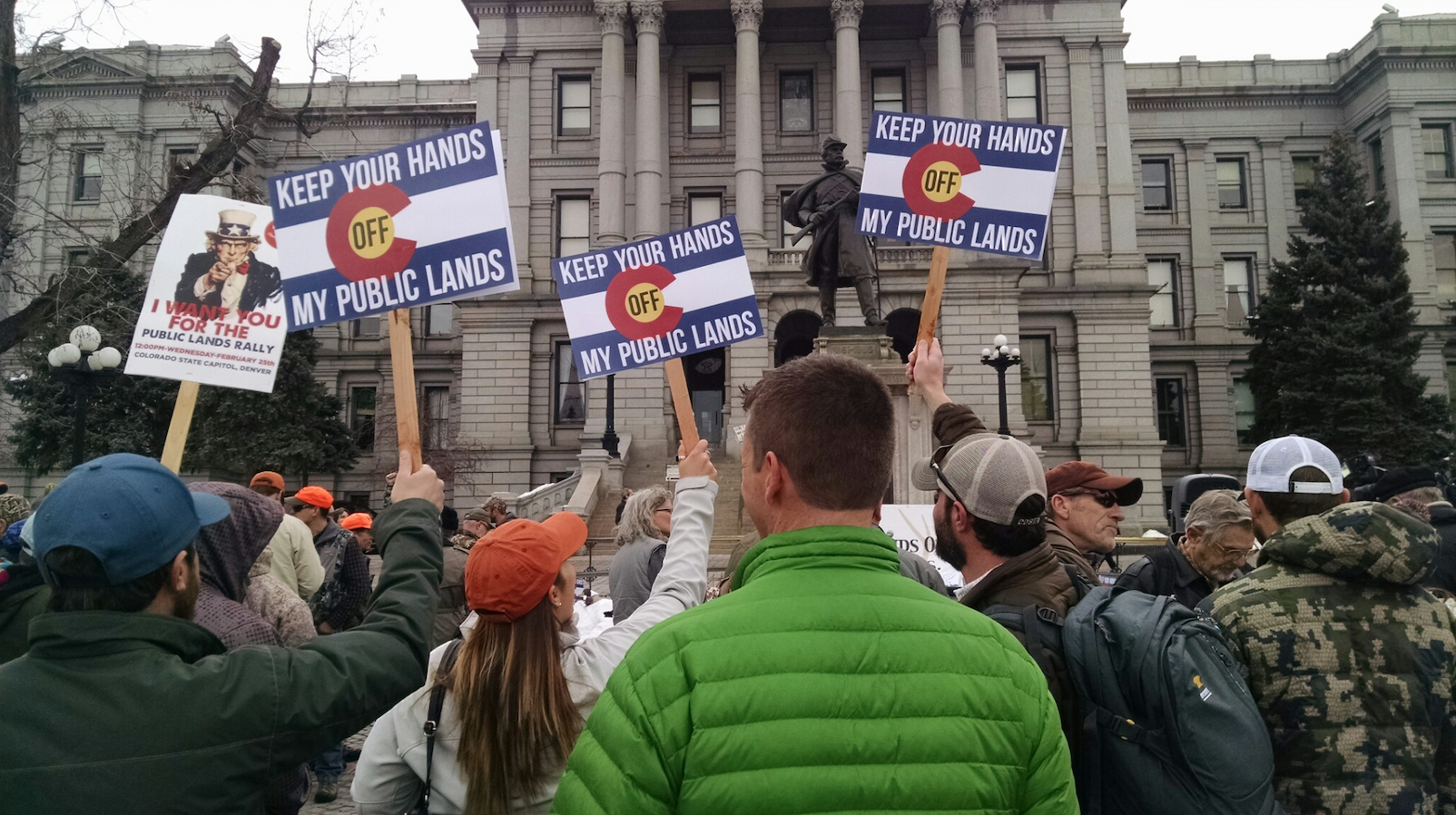By Scott Willoughby
Snow season has arrived in Colorado. For better or worse, this year it coincides with election season.
It is, of course, for the better. Despite the grumblings of a few fair-weather fishermen uninterested in facing the cold, hard reality of an early winter, the sooner we can reestablish our snowpack on the heels of one of the worst drought years in state history, well, the better. And not just the better for Colorado, either.
Maybe one of the reasons why it’s so easy for so many folks to feel a connection to Colorado is because Colorado is connected to so many places. We’re the nation’s high point, the hub of the headwaters, forming rivers that radiate like spokes flowing downhill through no less than 18 states. Of the 158 named rivers that flow through Colorado, 156 of them originate within state borders. And snow is the secret to the sauce.
Consider the recipe. Colorado has more peaks above 14,000 feet than any other state and some 75 percent of the nation’s land above 10,000 feet is located here. The high country is the key to our hydrology, essentially creating our weather. Because of its altitude, three-quarters of Colorado’s precipitation comes as snow. Delicate, meltable snow. So, yes, early winters are our friends. Long ones too. With increasing frequency, we’ve had neither, and the ripples can be felt for miles.
The downside of early snow in a year like 2018 is that it buries the severity of our ongoing aridification like stumps beneath a ski slope and blunts our brains with illusions of drought relief at arguably the most critical moment in climate history. In other words, it lets a lot of politicians off the hook just before the election.
President Herbert Hoover gets credit for what may be the single best fishing quote ever uttered by a statesman when he dropped the classic line, “All men are equal before fish.” It isn’t true, of course. Not these days anyway. Political hyperbole and the superior piscatorial prowess of others aside, the proof of that untruth has been revealed time and again in the souring of our post-election pudding.
Much like the Rocky Mountain snowpack, the level of political discourse is at an all-time low in my lifetime, emboldened by a deliberate undermining of the institutions of journalism, science and even facts. We’ve managed to rebrand lying as “alternative facts,” “false narratives,” or worse, presidential tweets. And while the First Amendment technically preserves the freedom to speak lies too, we certainly don’t need our elected leaders to promote them, especially when it comes to our environment.
Yet the prevailing trickle-down politics have resurrected a stream of polluted policies with potential to wreak major havoc on our water and our world. Despite overwhelming evidence of the impacts, we’re expected to swallow these cock-and-bull schemes destined to muck things up.
The ever-lengthening list ranges from diminished oversight and significantly curtailed opportunities for public input on oil and gas development on public lands to attempted rollbacks of the Clean Water Rule. Some politicians are trying to make it easier to fowl our water by allowing mining with relaxed regulations at our most sensitive sites, risking miles of precious downstream habitat, the lives of countless fish and the future of the resource. And despite a recent United Nations report predicting more floods, droughts, wildfires and other extreme weather events due to climate change, deniers continue to find homes on Capitol Hill, in state legislatures and county commissions, enabling them to push policies that perpetuate the current cycle rather than attempting to mitigate it.
Quite frankly, these people are not our equals, least of all when it comes to fish. As my daughter’s kindergarten teacher would say, they’re bucket dippers, draining the coffers of conservation good will. We need to elect bucket fillers.
As TU members and supporters, we are open and honest about our commitment to conservation, and recognize that trout are only a part of the bigger picture. On paper, it’s pretty straightforward: Protect (wild and native trout stream habitat, riparian zones and their watersheds), Reconnect (headwater tributaries to mainstreams on public and private lands), Restore (native and wild trout populations, including increasing their resiliency to environmental and manmade stressors) and Sustain (trout fisheries through land conservancy and increased conservation capacity).
Healthy rivers, as we all know by now, sustain far more than fish. The irrefutable need for clean drinking water notwithstanding, a recent report conducted by Southwick Associates for Colorado Parks and Wildlife placed the value of Colorado’s outdoor recreation economy at $62.5 billion in 2017, supporting about 511,000 jobs across the state — and growing. Specifically, fishing, hunting and wildlife watching produce more than $5 billion of economic output, supporting nearly 40,000 jobs within the state. Robust, healthy habitat is the key to it all. Yet, in just one hot, dry, smoke-filled summer, we witnessed how quickly it can crumble.
Far be it from me to tell you how to cast your ballot, but the fact is that Colorado — and all those states downstream from us — can’t afford to get any warmer. Drought and dirty water are the biggest threats to our trout, our outdoor economy and our future. So consider the big picture impacts of political policy and don’t be fooled by the false narrative outside the window this week. It’s time to refill our bucket.
Scott Willoughby works for TU’s Sportsmen’s Conservation Project. He lives and works in Vail, Colo.



